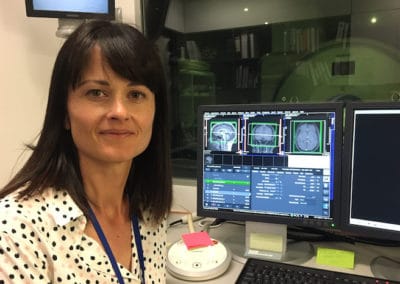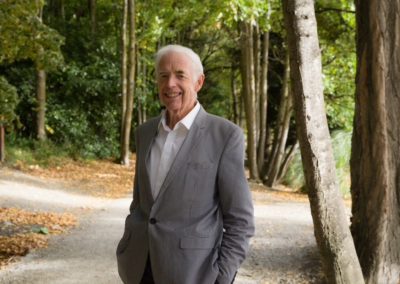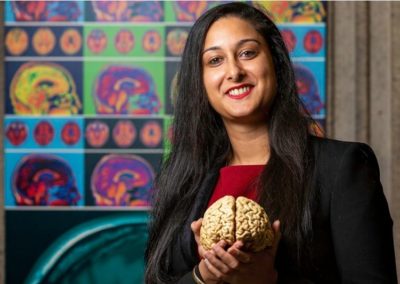Tell us a little bit about your research, what do you do? What do you enjoy most about your work?
I do research on the epidemiology of neurological disorders, mostly stroke and dementia. I enjoy
the challenge of constantly learning new things, and playing a part in improving the health of
people.
How did you get interested in (neuro)science?
I was always interested in science from a young age. After completing my studies, I got a job in
the research field, which led to opportunities to do research in brain diseases. It was from here
that I developed an interest in neuroscience. Over time I particularly developed an interest in the
prevention of stroke and dementia.
Which (female) scientist inspires you most?
There are many, but locally in New Zealand I am inspired by Prof Louise Nicholson (formerly at the Centre for Brain Research at the University of Auckland).
She is a world class expert in her field, passionate about her work, yet a very humble and great
leader.
What were the greatest challenges you have faced as a female scientist? How have you overcome them?
The greatest challenge was balancing family life with work/study commitments. These were
overcome with support from family members, and understanding from work colleagues, as well
as my own determination to strive forward.
Other challenges were developing confidence and self-esteem over time, to put yourself forward
for recognition, promotions etc. This came again with support and encouragement from
colleagues and the university.
What needs to change to make things better for the next generation of women and girl scientists?
I think up to high school or undergraduate university level, female budding scientists excel,
compared to their male peers. It’s at the postgraduate and early career stage that female
scientists start falling behind. This is partly due to family/child-related commitments but also due
to a known difference in the way females tend to perceive their own abilities – they usually
underestimate themselves or shy away from promoting their skills and knowledge. More effort
needs to be made to train girls at an early age to have the confidence and self-esteem to
consider themselves equally, if not more capable of holding high-ranking positions.
What advice would you give to young women and girls today?
Science and particularly neuroscience needs female scientists. There is a huge scope to make a
difference to the world, and to have an exciting and long-lasting career.
Dr Rita Krishnamurthi is a Senior Lecturer at AUT, Deputy Director of the National Institute for Stroke and Applied Neuroscience, and Associate Investigator at Brain Research New Zealand.
Read about more inspiring neuroscientists in our Women in Science series.



